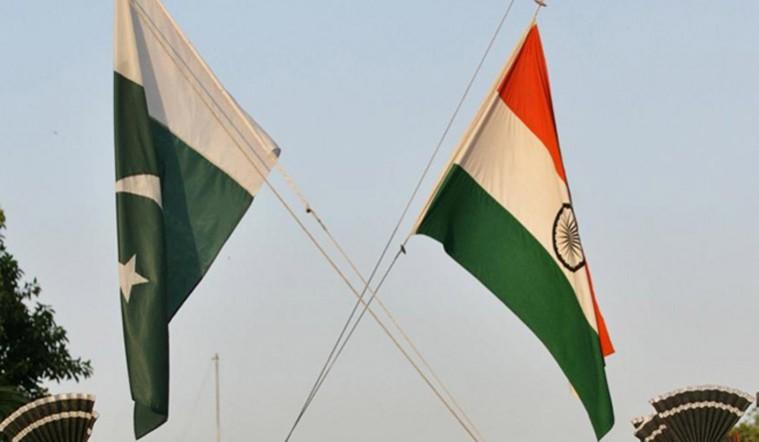
Islamabad last week handed over to India a collection of documents containing information regarding 'Indian-sponsored terrorism' inside Pakistan, according to reports.
The dossier was given to Indian officials on September 4, at a meeting conducted to discuss the Kartarpur Corridor, where Indian diplomats tabled security concerns regarding pro-Khalistan activities in the porous region, reported the Times of India.
The dossier was dismissed by officials, who said it was Pakistan's attempt to internationalise the Kashmir issue. The meeting remained inconclusive as well, due to Pakistan's insistence on charging pilgrims a service fee and denial of access to consular officials inside the Gurdwara premises.
While not much has been reported about Pakistan's claims made in the dossier, Indian officials told TOI: "Pakistan knows any terror attack in India facilitated by elements there will almost certainly lead to its blacklisting by FATF. They are looking for ways to deflect attention."
The official added that the document would also be used to secure its argument against India in the ongoing Kulbhushan Jadhav case.
The handing over of the dossier took place weeks ahead of the United Nations General Assembly meeting, where Pakistan hopes to raise the Kashmir issue.
At the UN, Pakistan hopes to garner support within the 47-member United Nations Human Rights Council (UNHRC) over claimed atrocities by Indian forces in the Valley and India's revocation of Jammu and Kashmir's special status.
India has repeatedly warned Pakistan about the planned cross-border terror activities in the Kashmir Valley. The dossier will be seen as a "shield against negative fallout" if such terror attacks do take place on Indian soil.
Pakistan has shown increasing military aggression against India, including hints of possible armed conflict, despite Pakistan Prime Minister Imran Khan's statement that it would not initiate a war against India. Last month, Pakistan conducted a night training launch of ballistic missile Ghaznavi, capable of delivering various types of warheads and closed its airspace to India.
Indian Army revealed last week that Pakistan has moved around 2,000 soldiers in Bagh and Kotli region, within 30 kms of the Line of Control (LoC) in Pakistan-occupied Kashmir. Indian troops also caught two Lashkar-e-Taiba (LeT) terrorists trying to infiltrate into Indian territory last week.
Khan has made provocative statements against India, attempting to trigger hostility. In an address in Lahore last week, Khan said the Prime Minister Narendra Modi government and the Rashtriya Swayamsevak Sangh (RSS) are "victimising Muslims and Christians in India" and asserted that it will lead to "targeting Dalits and Sikhs".
Despite its efforts, the majority of the countries and the UN has echoed India's stance and stated that the government's decision was an internal matter. They have called the Kashmir issue a bilateral matter under the Simla Agreement and Lahore Declaration.
India has responded to the comment by saying that the Indian initiative towards peace has "turned badly" and reiterated the issue of cross-border terrorism, which it claims is state-sponsored.
Indian Minister of External Affairs had said that bilateral talks between the two countries would be possible after Pakistan stops financing and recruiting terror groups. "Terrorism is not something that's being conducted in the dark corners of Pakistan. It's done in broad daylight," he said.








